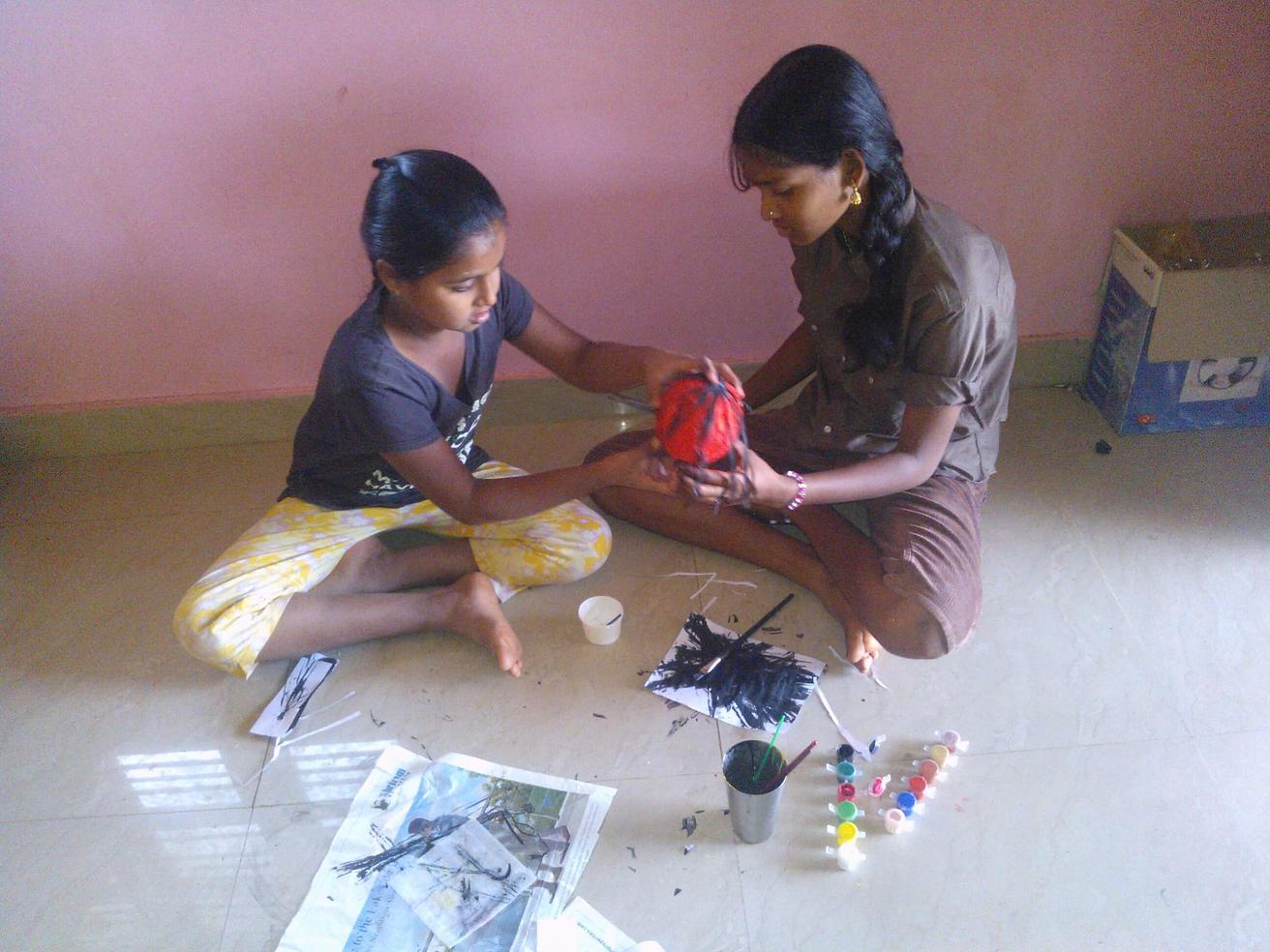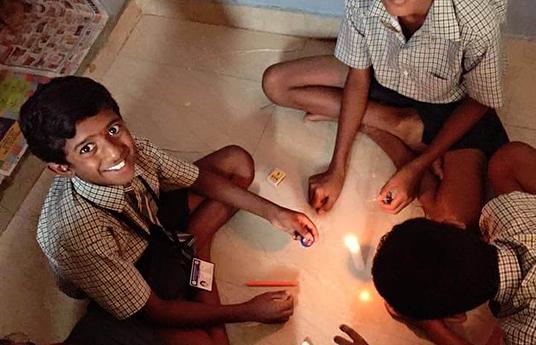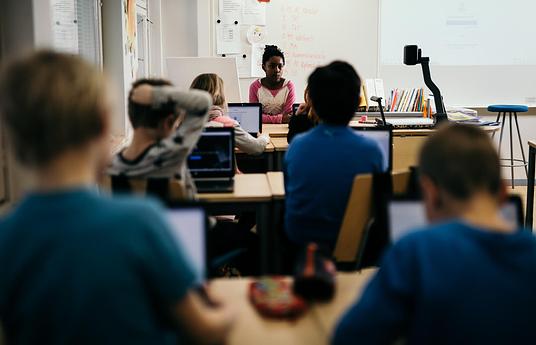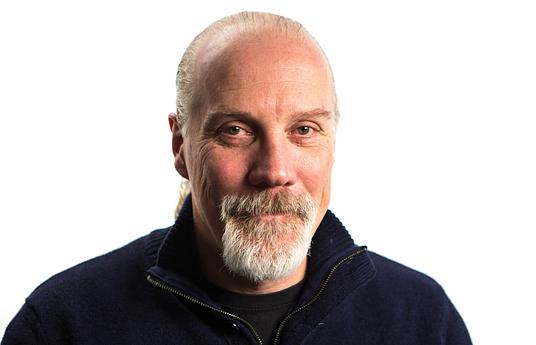Project DEFY – Design Education For Yourself – originates from India and turns the whole educational system on its head. The project sets up self-led learning centres where people can teach themselves anything they want to learn.
In a country where student drop-out rates and teacher absences are high, there is a need to find a way to educate those in rural communities without government officials and teachers.
That’s where Project DEFY comes in. Two of the main concepts that inspired Project DEFY are ‘learning happens naturally’ and ‘information is available freely’. Before technology this kind of project wasn’t possible, but now we can search for information on anything in a matter of seconds. The barriers between those who have knowledge and those who don’t has been broken and there’s no reason for economics to divide the opportunities for what people learn anymore.
One of the main objectives of Project DEFY is to provide quality education at scale, to tackle the problem that there is a growing disconnect between those who do have access to education in India and those who don’t. Those in rural communities are being left behind as their urban counterparts receive a steadier education.
Technology can provide a solution to this crisis. Once people in rural areas have access to a computer information instantly becomes reachable and attainable, even in the remotest of places. They can therefore research things and teach themselves – helping to bridge the educational gap.
Project DEFY helps to set up these self-learning places which they call Nooks. For the DEFY team, Nooks are a corner that offers a sense of security. The Hindi version of Nook is called Nukkad (नुक्कड़) which is a corner of the street where people gather in their free time.
Johan Brand, Founder of Kahoot!, defined the classroom in similar terms when he spoke to us: ‘The role of the classroom is to connect people together.’ Surely this is exactly what a classroom should be, a place where people can meet and learn together. Just because a space doesn’t look like a traditional classroom with desks facing the teacher, doesn’t mean that learning isn’t taking place.
DEFY helps the Nooks to be set up and to build a culture of self-learning. The Nooks contain a few laptops for information to be looked up and other materials are sourced through what the community already has access to – such as making tools like hammers and saws.
By having access to technology, people can teach themselves anything and can therefore teach others. Everyone has the opportunity to be both the teacher and the student and their education is completely self-led, thus bringing education firmly back into the hands of the people and making it personalized.
Those in rural communities are being left behind as their urban counterparts receive a steadier education.
"
Personalization is seen as an important way to bring education alive for young people, no matter if they are part of DEFY’s programme or in traditional education. When we spoke to Valerie Hannon, Director of Innovation Unit, she explained how personalizing education works:
‘Personalization means that the passions and interests of young people as well as their choices and their voice are really taken into account. I think a personalized learning environment will be one where young people feel valued, feel known, feel that their interests are important and where learning is anywhere and everywhere.’
This is exactly what DEFY enables.
The organisers of DEFY see the Nooks as a space where children and adults can safely express, experiment and experience different domains of learning and find their own interests and passions.
This approach is key to making learning an active and engaging practice, as Will Richardson, co-founder of Modern Learners, explains, ‘The learning environments that are most productive are the ones where kids are working on projects that are interesting to them, asking questions that they’re interested in, working with other people and with their peers - places where kids really want to learn more about whatever it is that they are working on.’
Once the Nooks are set up the spaces can be self-sustaining. The first one has been running for three years, two years without the physical presence of the DEFY team. Two more Nooks were set up in 2016, one in Bangalore and the other in Uganda within a refugee settlement camp – bringing education to those who have been displaced. Project DEFY partnered with SINA and NAKIVart to implement the Ugandan Nook.
It can seem a strange and foreign idea to allow children (and adults) to teach themselves, we are so used to the idea of having a teacher present. Though teachers are valuable members of our communities, if they are not available – such as in refugee settlements – Project DEFY offers a unique and simple way of allowing education to take place. In fact, their approach allows education to be much more tailored to the individual student than many standardized education systems allow.
Not only have the DEFY team found a way to bring education to those who would otherwise miss out on the opportunity and helped people to find and follow their passions, but they’ve discovered that the project also helps to tackle gender inequality. They found that women were able to leave their homes and take part, learn things and be on equal grounding with men – even in very conservative communities.
The ideas behind Project DEFY provide a solid foundation for any education system. To provide a safe and engaging environment, to give students the opportunity to find their own interests and passions, and for equal education opportunities to be available to all. Whether you are a large school or a community cut off from a country’s education system – every level of education can learn some important lessons from Project DEFY’s work.

 Children in rural areas can teach themselves using the internet and carry out their own projects.
Children in rural areas can teach themselves using the internet and carry out their own projects. The combination of making materials and access to the internet means education can happen anywhere, anytime.
The combination of making materials and access to the internet means education can happen anywhere, anytime. The Nooks are also areas that the community can gather to exchange ideas and work together.
The Nooks are also areas that the community can gather to exchange ideas and work together. The Nooks can also be used as a means to bring education to displaced people.
The Nooks can also be used as a means to bring education to displaced people.

